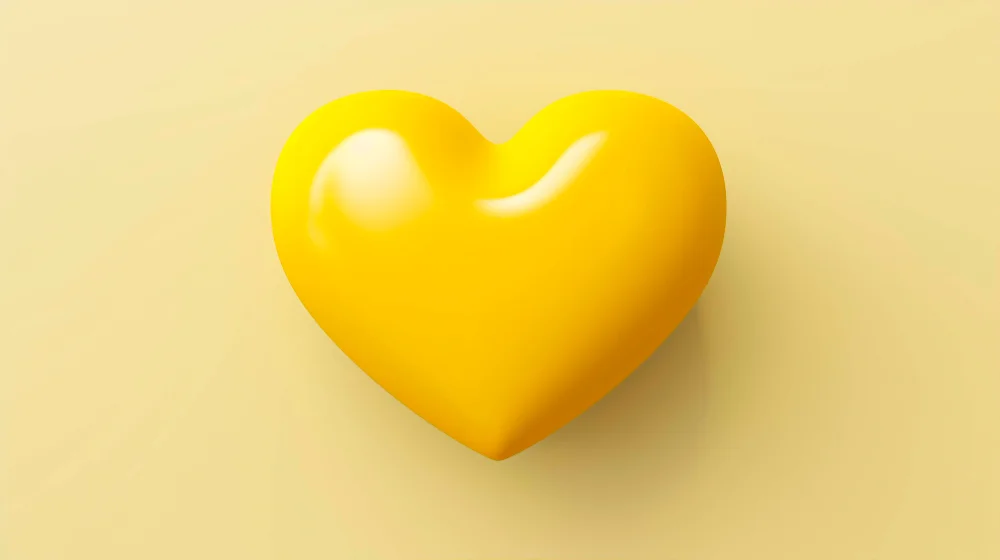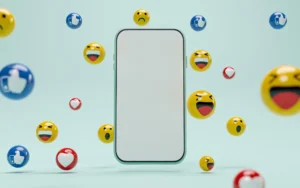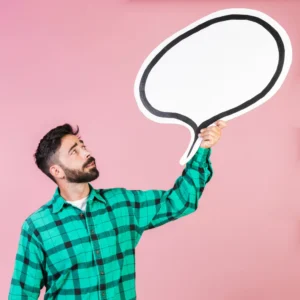Have you ever received a text with a single 💛 yellow heart emoji and found yourself overthinking what it actually meant? Was the sender hinting at affection, signalling friendship, or just decorating their message? Emojis have become a language of their own, and the yellow heart is one of the most misunderstood symbols in digital communication.
As someone who studies and writes extensively on communication and digital expression, I’ve noticed how often small icons like this spark bigger questions about relationships and intent. This isn’t just about cute symbols—it’s about how we read between the lines of modern conversations. Let’s dive into the psychology, cultural meaning, and practical ways to respond when that little yellow heart pops up on your screen.
The Symbolism of the Yellow Heart Emoji
Friendship and Positivity
The yellow heart is most commonly used to represent warmth, happiness, and genuine friendship. According to Emojipedia, the yellow heart signifies joy, positivity, and platonic affection rather than romance. It’s the digital equivalent of a sunny smile.
A Symbol of Pure Intent
Some relationship coaches note that yellow, being the colour of sunshine, conveys honesty and care without the intensity of red or pink hearts. Dr. Linda Kaye, a cyberpsychology researcher at Edge Hill University, explains that emojis often function as emotional cues in digital communication. A yellow heart, therefore, can soften a message, signalling sincerity and warmth.
Cultural Perceptions
In Western contexts, yellow often stands for cheerfulness and optimism, but in some cultures, yellow can symbolise jealousy or betrayal. Context matters greatly. For example, a yellow heart sent by a best friend likely conveys loyalty, whereas the same emoji sent in a romantic context may feel distant compared to a red heart.
Real-World Examples: How People Use the Yellow Heart
- Friendship markers: I once noticed a friend using only yellow hearts when chatting in our university WhatsApp group. When I asked why, she said, “Yellow just feels safe. It shows love, but not in a romantic way.”
- Professional positivity: A client once added a yellow heart after thanking me for completing a project. It didn’t feel overly personal, but it did add a human warmth that plain words might have lacked.
- Family ties: Parents often use yellow hearts with children in texts—showing affection without the heavy symbolism of red hearts.
How to Respond to a Yellow Heart Emoji
Your response depends on the relationship context and tone of the conversation. Here are some thoughtful ways to reply:
1. If It’s From a Friend
- Respond with warmth: Reply with another yellow heart 💛 or a cheerful emoji (🌞, 🌻) to match the vibe.
- Add humour: “Ah, the sunshine of my inbox has arrived!”
2. If It’s From a Romantic Interest
- Gauge intent: A yellow heart may signal friendliness more than passion. You can respond with a playful message like: “Does this mean I’m in the friendship zone?” (with a wink emoji 😉).
- Shift tone carefully: If you’d like to show interest, consider sending a red ❤️ or pink 💕 heart in return.
3. If It’s From Family or Colleagues
- Keep it wholesome: A reply like “Thanks 💛, appreciate you!” maintains sincerity.
- Stay professional if needed: You could opt for a smile emoji 🙂 or a thumbs-up 👍 if hearts feel too personal in work contexts.
Psychology Behind Emoji Interpretation
Humans are wired to seek emotional cues in communication. In face-to-face interaction, tone, gestures, and facial expressions provide this context. In digital spaces, emojis fill that gap. A 2019 study published in Frontiers in Psychology found that emojis can enhance message clarity and increase positive perceptions of the sender.
This is why a simple yellow heart can make a message feel softer, friendlier, and less ambiguous. But ambiguity still exists, which is why interpretation often depends on prior relationships and the tone of the conversation.
SEO Insights: Why People Search for Emoji Meanings
Millions of people Google emoji meanings daily. According to Google Trends, searches for “yellow heart emoji meaning” peak around Valentine’s Day and Friendship Day. Why? Because people don’t want to misinterpret signals in relationships. This search behaviour highlights a modern anxiety: decoding digital affection.
If you’ve landed here, chances are you’ve had the same moment of doubt. Understanding the yellow heart helps you avoid miscommunication and respond in a way that keeps conversations authentic.
Evergreen Tips for Responding
- Match their energy: If someone sends warmth, send warmth back.
- Don’t overthink: Often, the yellow heart is just a friendly punctuation mark.
- Adapt to context: Friends = light and sunny, Family = affectionate, Colleagues = professional but warm.
- Clarify when unsure: If it’s a romantic situation, don’t be afraid to ask playfully: “So, is this friendship yellow or something more?”
FAQs
Q: Is the yellow heart emoji flirty?
A: Not usually. It leans more towards friendship and positivity than flirtation.
Q: What’s the difference between yellow and red heart emojis?
A: Red hearts (❤️) usually signal romantic love, while yellow (💛) reflects friendship and joy.
Q: Can I use the yellow heart emoji at work?
A: Yes, but sparingly. It’s best suited for casual, friendly exchanges rather than formal emails.
Q: Does the yellow heart mean I’m in the friend zone?
A: It can—but not always. It may simply be the sender’s favourite emoji colour.
Q: Why do some platforms show the yellow heart differently?
A: Emojis render differently across devices and apps, which can slightly affect how they’re perceived.
Read Also: What Does the Watermelon Emoji Mean and How to Respond to It?
Final Thoughts
The 💛 yellow heart emoji is a versatile digital symbol—often used to express positivity, friendship, and sincerity. It’s less about romance and more about warmth. How you respond should always depend on the context and your relationship with the sender.
The next time someone drops a yellow heart in your chat, pause before over-analysing. Respond with matching warmth, or use it as a chance to steer the conversation where you’d like it to go. After all, communication—whether through words or emojis—is about connection.
💬 Your turn: Have you ever been confused by a yellow heart emoji? How did you respond? Share your story in the comments—I’d love to hear your perspective.
Recommended Products
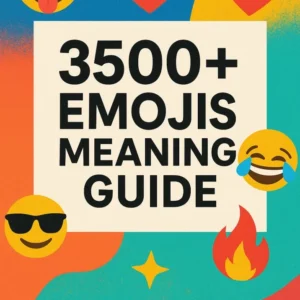
3,500+ Emoji Meanings Guide (2025 Edition) – Speak Awesomely’s Ultimate Digital Handbook for Every Emoji Explained
Original price was: $ 30.$ 10Current price is: $ 10.Add to Cart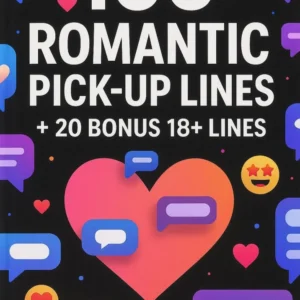
100 Romantic Pick-Up Lines + 20 Bonus 18+ Lines | Modern Dating & Flirting Guide for Confidence, Charm, and Attraction
Original price was: $ 25.$ 10Current price is: $ 10.Add to Cart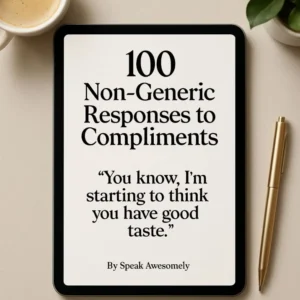
100 Witty & Unexpected Responses to Compliments – Speak Awesomely’s Ultimate PDF Guide for Confident, Clever Conversations
Original price was: $ 15.$ 6Current price is: $ 6.Add to Cart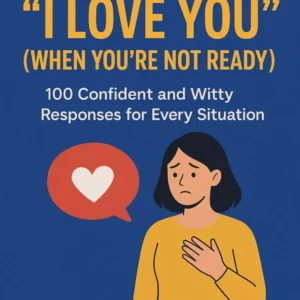
100 Smart & Heart-Savvy Responses to ‘I Love You’ (When You’re Not Ready) – Speak Awesomely’s Essential Communication Guide
Original price was: $ 17.$ 10Current price is: $ 10.Add to Cart

